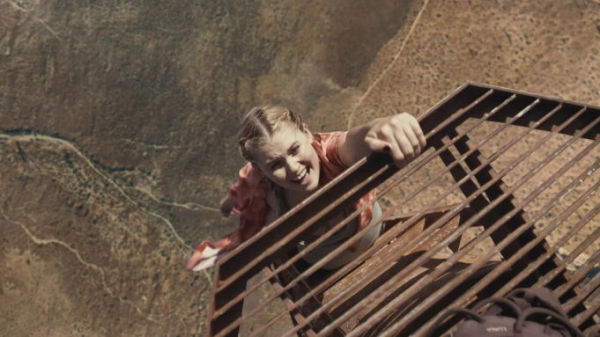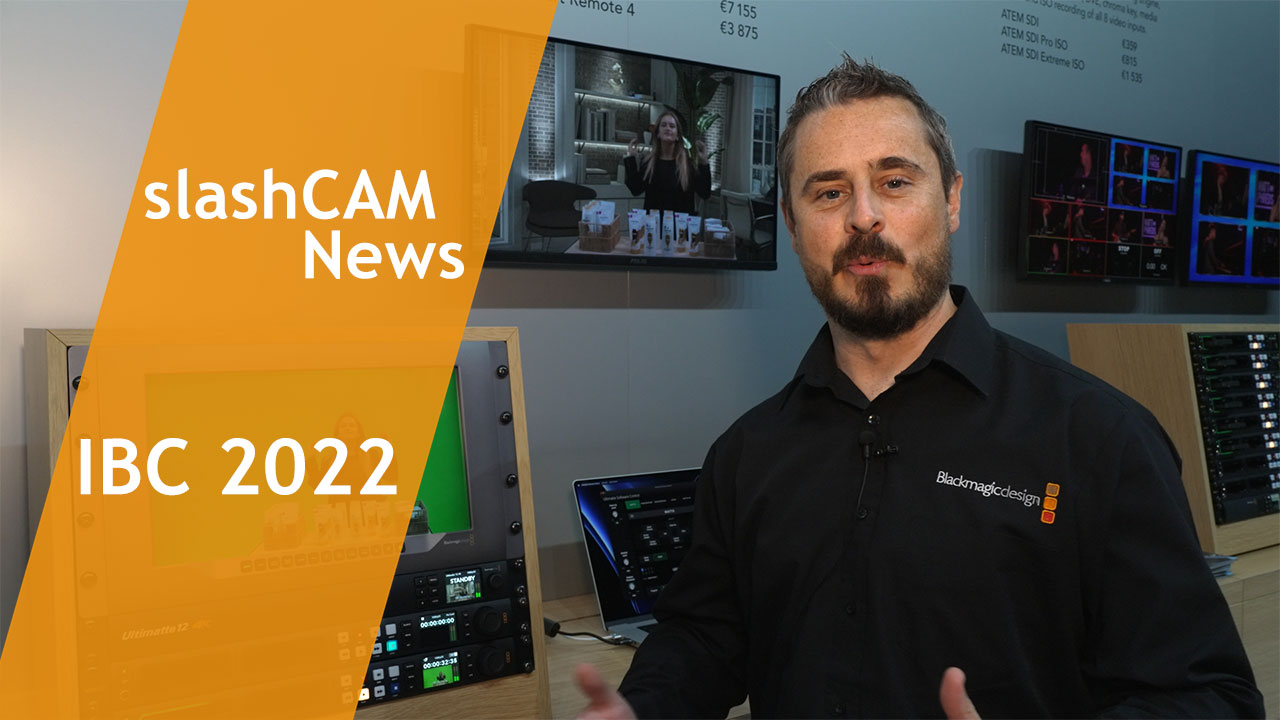[14:51 Fri,19.August 2022 by Thomas Richter] |
The enormous possibilities of DeepFake technology to change already filmed scenes easily and with little effort can be seen in the case of the action thriller "Fall" (2022). When the low-budget film was to be released by Lionsgate, the distributor was bothered by the large number of swear words in the film, which would have resulted in an R-rating and thus less audience and revenue.  The traditional solution would have been to reshoot the scenes in question, but for a film with a total budget of only million, that option fell through. Instead, the filmmakers turned to London-based AI startup Flawless AI, which, for example, had already used DeepFake technology to retroactively adapt the actors& lip movements and facial expressions to the dubbed version&s voice actors in the Polish film Dubbed TrueSync, this DeepFake visual dubbing technique can also be used to match mouth movements not only to new dubbed dialogue, but also to other changes in spoken text. For example, in "Fall," more than 30 swear words were replaced with other words and the lip movements were adjusted so that the changes were no longer perceptible. Because of the changes via DeepFake, "Fall" actually got the more family-friendly PG13 rating compared to the R-rating and has just been tested in theaters in the US. "Fall" is a thriller about two young women who are in danger of falling from a 600-meter radio tower, using the f*ck word relatively often in all possible variations. In this case, the DeepFake technology demonstrates its great potential for filmmakers to make changes to finished scenes that would otherwise only be feasible with great effort (a reshoot of scenes or a lot of rotoscoping in post-production). It thus represents an interesting new tool in the filmmaker&s toolbox, opening up new possibilities - especially if similar technology is integrated in the future as part of popular editing or compositing programs such as Adobe Premiere Pro/After Effects or Blackmagic DaVinci Resolve/Fusion.  deutsche Version dieser Seite: DeepFake statt Nachdreh: Schimpfwörter nachträglich aus Kinofilm entfernt |





